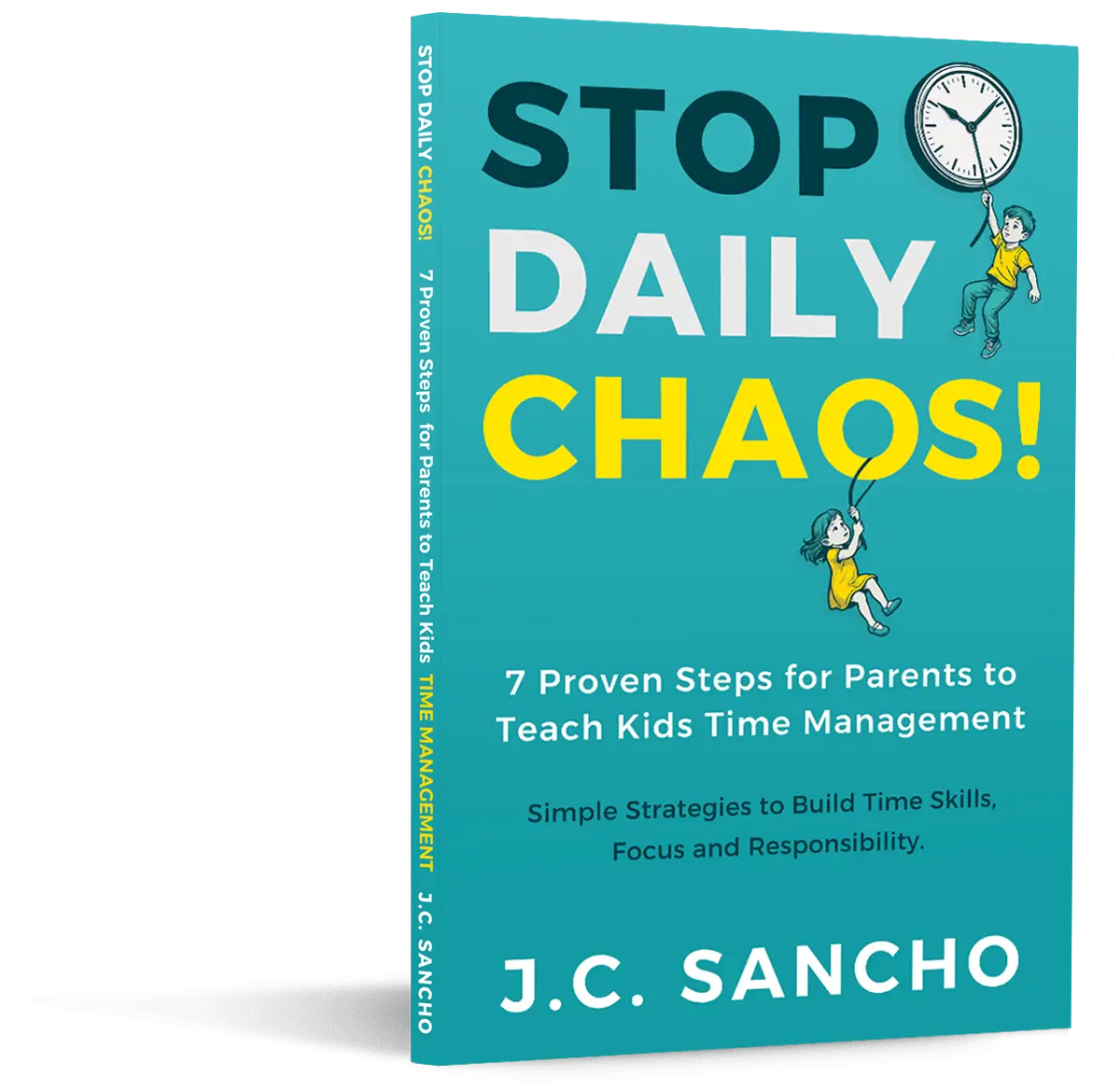Overcoming Parent Burnout and the Mental Load: Practical Strategies for Managing Family Stress
Parenting is an incredible journey, filled with joy, laughter, love, and growth. But let’s face it—it’s not always a walk in the park. Amidst the beautiful moments are stressful times that can lead to what we commonly refer to as parent burnout. This feeling of exhaustion goes beyond physical tiredness; it includes emotional drain and mental load resulting from the constant demands and pressures of parenting.
Family stress compounds this situation further. It can come from various sources such as financial worries, work pressures, children’s behavior issues, or even just the daily grind of managing a household. These challenges may seem insurmountable at times, but there are practical ways to reset and regain control over your life.
Navigating through Parent Burnout and the Mental Load
The first step towards navigating through parent burnout is understanding what it is. Parent burnout happens when parents feel overwhelmed by their responsibilities. They often experience fatigue, loss of enjoyment in parenting, and sometimes even detachment from their children.
The mental load of parenting refers to the invisible labor involved in caring for a family. It includes remembering appointments, planning meals, coordinating activities—the list goes on. It’s no wonder parents often find themselves exhausted at the end of the day.
Recognizing these symptoms is important because they are signals that you need to pause and take care of yourself. Ignoring them only leads to more stress and potentially more severe health issues down the line.
It’s important to remember that experiencing parent burnout does not mean you’re failing as a parent—it simply means you’re human. You have limits, and it’s okay to admit that you’re struggling.
Practical Strategies for Reducing Family Stress
Managing family stress is not about eliminating all sources of stress—that’s impossible. It’s about developing strategies to handle stress more effectively. Here are a few practical ways to do that:
1. Establish Boundaries: Setting boundaries is important in managing stress. It means saying no when you need to and ensuring you have time for self-care. This could mean establishing a quiet hour in the evening where you can read, meditate, or simply relax without interruptions.
2. Delegate Tasks: If you’re carrying the bulk of the household chores and parenting duties, it’s time to delegate. Children can help with age-appropriate tasks, and if your partner isn’t already involved, discuss sharing the responsibilities more evenly.
3. Practice Mindfulness: Mindfulness involves focusing on the present moment without judgment. It can help reduce anxiety and promote relaxation. You don’t need to sit in silence for an hour—a few minutes each day can make a big difference.
4. Seek Support: Don’t hesitate to seek support when you need it. This could be from friends, family members, or professional counselors or therapists who specialize in parental stress and burnout.
Avoiding Burnout: The Importance of Self-Care
Self-care often takes a backseat when we’re busy taking care of others—but it’s essential for avoiding parent burnout. Taking care of yourself physically, emotionally, and mentally allows you to be there fully for your children.
Finding time for self-care may seem challenging with a packed schedule, but it doesn’t have to involve grand gestures or significant chunks of time. It could be as simple as taking a warm bath after the kids are asleep, enjoying a cup of tea in silence, or going for a quick run in the morning.
Remember that it’s not selfish to prioritize your needs. In fact, by taking care of yourself, you’re setting a positive example for your children about the importance of self-care.
Also, don’t underestimate the power of laughter and fun. Find joy in the little things—your child’s laugh, a funny movie, or even just dancing around the kitchen. These moments of joy can help counterbalance the stress and keep burnout at bay.
Resetting: The Power of Perspective
Sometimes, resetting involves shifting our perspective and reframing how we look at things. Instead of viewing parenting as an endless list of tasks, try to see it as a series of experiences that shape you and your children.
Yes, there will be challenging days filled with tantrums, messes, and exhaustion. But there will also be days filled with giggles, hugs, and milestones. By focusing on these positive experiences and remembering why you chose to become a parent in the first place, you can find the strength to overcome burnout.
Changing your perspective also means accepting that perfection is not attainable—and that’s okay. Your house doesn’t always have to be spotless. It’s fine if every meal isn’t home-cooked. What matters most is that your children feel loved and cared for.
Parent burnout and the mental load are real challenges that many parents face. But by recognizing these issues, implementing practical strategies to manage stress and prioritizing self-care, you can navigate through these challenges more effectively.
The journey might feel overwhelming at times—but remember—you’re not alone in this. Reach out for support when you need it and take each day as it comes. Parenting is not about being perfect—it’s about loving, learning, and growing together as a family.



